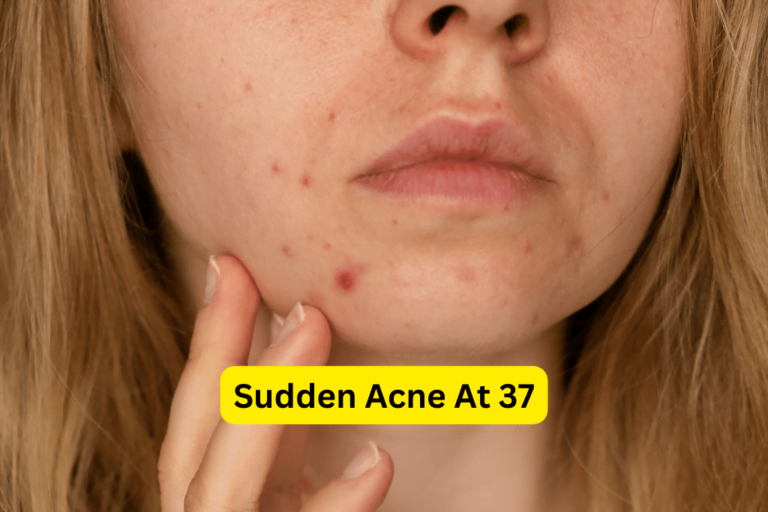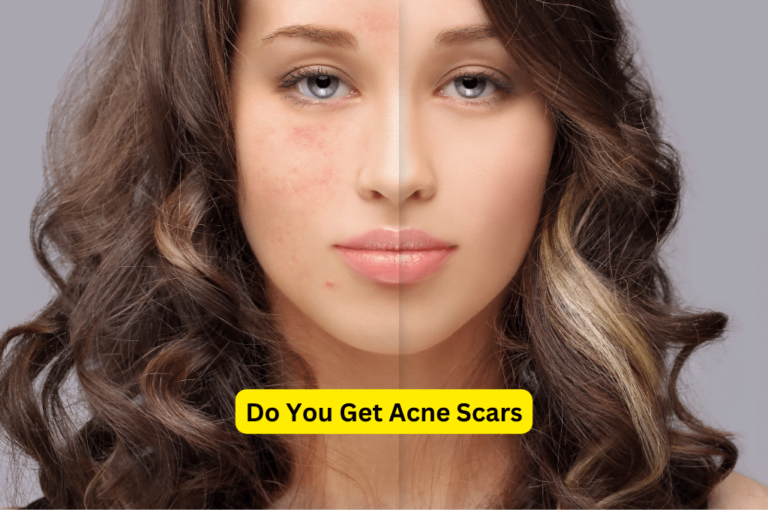Can Sugar Cause Acne? Discover the Truth and Clear Skin Naturally
Will Sugar Stop Acne
In recent years, there has been a growing interest in the relationship between diet and skin health, particularly in relation to acne. One controversial topic that has gained attention is the potential link between sugar consumption and the development of acne. Acne is a common skin condition that affects millions of people worldwide, causing physical and emotional distress. Understanding the factors that contribute to acne is crucial in order to effectively manage and prevent breakouts. In this article, we will explore the potential connection between sugar consumption and acne development, debunk common myths, and provide tips for managing acne-prone skin.
Understanding Acne
Acne is a skin condition characterized by the presence of pimples, blackheads, and whiteheads. It can range from mild to severe and can occur on various parts of the body, most commonly on the face, chest, and back. There are several types of acne, including acne vulgaris, cystic acne, and hormonal acne.
The causes of acne are multifactorial and can include hormonal imbalances, excess oil production, bacteria, inflammation, and clogged pores. Contrary to popular belief, acne is not caused by poor hygiene or eating greasy foods.
Common misconceptions about acne include the belief that it is only a teenage problem and that it will go away on its own. In reality, acne can affect people of all ages, and without proper treatment, it can persist for years.
The Role of Diet in Acne
While diet is not the sole cause of acne, it can play a role in its development and severity. The impact of diet on skin health has been a topic of interest among researchers and dermatologists. Several dietary factors have been identified as potential triggers for acne, including sugar consumption, processed foods, dairy products, and high glycemic index foods.
Sugar Consumption
Sugar consumption has been a subject of debate when it comes to acne. Some studies suggest that a high intake of sugar, particularly refined sugars, can worsen acne symptoms. The reasoning behind this is that consuming sugar raises insulin levels, which in turn stimulates the production of sebum, a type of oil that can clog pores and lead to breakouts.
Furthermore, high sugar intake can also cause inflammation in the body, leading to an increased risk of developing acne. Inflammation plays a key role in the development and severity of acne.
Processed Foods
Processed foods are often high in sugar, unhealthy fats, and artificial ingredients, all of which can contribute to acne development. These foods are typically low in nutrients and can lead to hormonal imbalances and inflammation, both of which are linked to acne.
Dairy Products
Dairy products, especially milk, have also been associated with acne development. Milk contains hormones that can disrupt the natural hormonal balance in the body and contribute to the development of acne. Additionally, milk can increase insulin levels, which can further exacerbate acne symptoms.
High Glycemic Index Foods
Foods with a high glycemic index, such as white bread, sugary drinks, and processed snacks, have been implicated in acne development. These foods cause a rapid spike in blood sugar levels, leading to increased insulin production and inflammation, both of which can contribute to acne breakouts.
The Science Behind Sugar and Acne
To understand the potential link between sugar consumption and acne, it is important to explore how sugar affects the body.
Sugar Metabolism and Insulin Response
When we consume sugar, it is broken down into glucose, which enters the bloodstream and raises blood sugar levels. In response to this increase in blood sugar, the body releases insulin, a hormone that helps regulate blood sugar levels.
Elevated insulin levels can stimulate the production of androgens, hormones that increase sebum production. Excess sebum production can clog pores and lead to the formation of acne.
Impact on Hormonal Balance
Insulin also affects other hormones in the body, including insulin-like growth factor 1 (IGF-1). High levels of IGF-1 have been associated with increased sebum production, inflammation, and acne formation.
Furthermore, sugar consumption can disrupt the delicate balance of hormones in the body, leading to hormonal imbalances that can contribute to acne development.
The Science Behind Sugar and Acne
Several studies have explored the potential link between sugar consumption and acne development, with mixed results.
Findings Supporting the Sugar-Acne Connection
Some studies have found a positive association between sugar consumption and acne. For example, a study published in the Journal of the Academy of Nutrition and Dietetics found that high glycemic load diets, which are typically high in sugar, were associated with increased acne severity in young adults.
Another study published in the American Journal of Clinical Nutrition found that consumption of high glycemic index foods, including those high in sugar, was positively associated with acne in adolescent boys.
Contradictory Evidence and Potential Limitations
However, not all studies have found a significant association between sugar consumption and acne. Some studies have failed to establish a direct link, suggesting that other factors, such as genetics and lifestyle, may play a more significant role in acne development. Additionally, many studies in this area have relied on self-reported data, which may be subject to bias and inaccuracies.
Debunking Myths about Sugar and Acne
It is important to address common misconceptions surrounding the relationship between sugar and acne.
Sugar as the Sole Cause of Acne
While excessive sugar consumption can contribute to acne development, it is not the sole cause of acne. Acne is a complex condition with multiple contributing factors, and addressing diet alone may not lead to significant improvements.
Sugar-Free Diets as a Cure for Acne
Some individuals may believe that cutting out all sugar from their diet will cure their acne. While reducing sugar intake can be beneficial for overall health, especially for those prone to acne, there is no guarantee that eliminating sugar alone will completely clear up acne. A holistic approach that combines a healthy diet, proper skincare, and lifestyle modifications is recommended for managing acne.
Tips for Managing Acne-Prone Skin
Managing acne-prone skin involves a comprehensive approach that addresses both internal and external factors. Here are some tips to help manage acne:
General Skincare Recommendations
Adopt a gentle skincare routine that includes cleansing, exfoliating, and moisturizing. Avoid harsh products that can irritate the skin and exacerbate acne.
Avoid touching or picking at your acne, as this can lead to further inflammation and scarring.
Protect your skin from the sun by using a broad-spectrum sunscreen with SPF 30 or higher.
Potential Adjustments to Diet and Sugar Intake
If you have acne-prone skin, you may consider making adjustments to your diet:
Reduce your sugar consumption by limiting sugary drinks, desserts, and processed foods.
Choose low glycemic index foods such as whole grains, fruits, and vegetables.
Consider eliminating or reducing dairy products from your diet to see if it has any impact on your acne.
Importance of Professional Guidance and Personalized Approach
It is important to consult with a dermatologist or healthcare professional who can provide personalized advice tailored to your specific needs. They can help you determine whether your diet is contributing to your acne and recommend appropriate treatments or lifestyle modifications.
Conclusion
In conclusion, while the relationship between sugar consumption and acne development is still a topic of debate, there is evidence to suggest that sugar intake can influence acne symptoms, particularly in individuals predisposed to the condition. However, it is important to remember that acne is a complex condition with various contributing factors, and no single dietary factor is solely responsible for its development.
Individual responses to dietary changes may vary, and a personalized approach that considers individual factors and addresses the underlying causes of acne is essential. It is crucial to make informed choices regarding your diet and skincare routine while seeking professional guidance when needed. By doing so, you can manage and prevent acne breakouts, ultimately achieving clearer and healthier skin.









